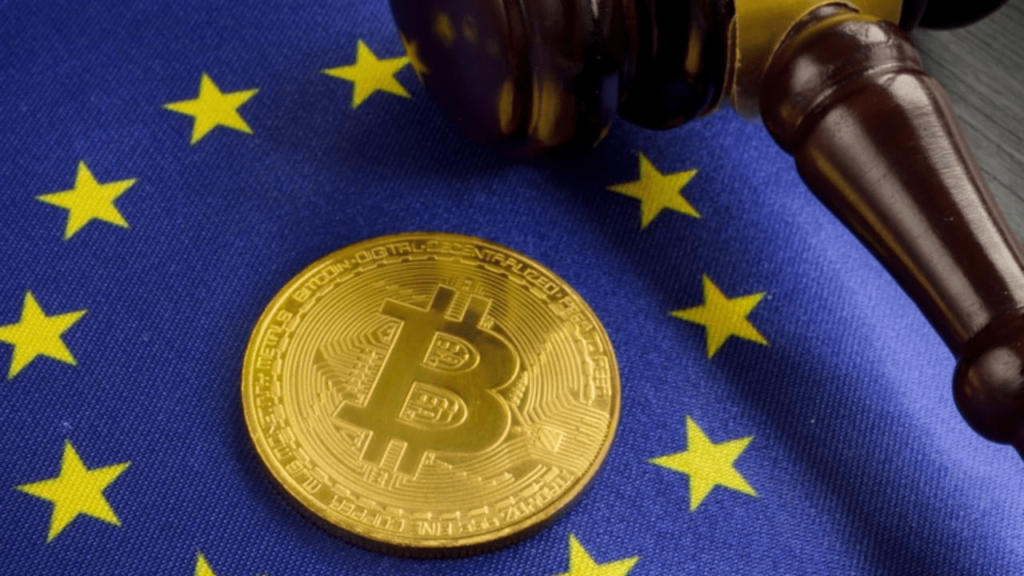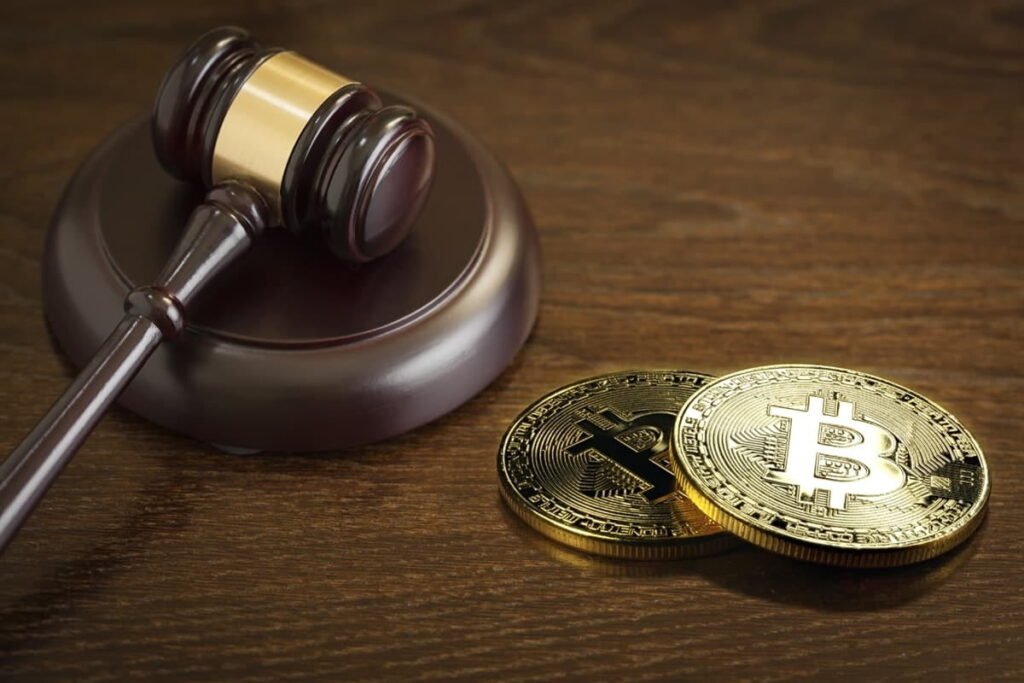
Introduction
If you’re keeping an eye on the crypto market in 2025, you’ve likely noticed the increasing influence of government regulations on the space. Whether you’re an investor, trader, or enthusiast, government policies can significantly affect the market. But what exactly is the impact of these regulations on cryptocurrencies, and how do they influence price fluctuations, investor behavior, and overall market stability?
This article will explore the ins and outs of government regulations in the crypto market, helping you understand their effects on this exciting and sometimes volatile space.
Understanding Cryptocurrency and the Regulatory Landscape
What is Cryptocurrency?
In case you’re new to the crypto world, cryptocurrency is a digital or virtual form of money that relies on cryptography for security. It operates on decentralized networks—blockchains—where transactions are verified by users (miners or validators) rather than a central authority, like a government or a bank.
Popular cryptocurrencies include Bitcoin, Ethereum, Solana, and many others. Each cryptocurrency operates independently, though many of them share some common technological frameworks.
Why Do Governments Regulate Crypto?
Governments regulate cryptocurrencies to ensure financial security, reduce illegal activities, and protect investors. With the increasing popularity of crypto assets, concerns over fraud, scams, tax evasion, and money laundering have risen. Additionally, central banks want to maintain control over national currencies and ensure economic stability.
But how do these regulations play out in practice?
Types of Government Regulations in Crypto Markets
Tax Regulations
One of the most significant regulatory frameworks affecting crypto is taxation. Many countries, including the U.S., are keen on making sure crypto earnings are properly taxed. For instance, the IRS treats cryptocurrency as property rather than currency, meaning any profits made through selling or trading crypto are subject to capital gains tax.
Securities Laws
Governments are also concerned with whether certain cryptocurrencies qualify as securities under their laws. If they do, they could be subject to stricter regulations, such as the need for full financial disclosures, registration with authorities, and more. The U.S. SEC (Securities and Exchange Commission) has recently cracked down on some crypto tokens, claiming they are securities and thus subject to existing laws.
Anti-Money Laundering (AML) and Know Your Customer (KYC)

To combat illegal activities, like money laundering or the financing of terrorism, many countries have implemented AML and KYC regulations. These require crypto exchanges and platforms to verify the identity of users, track suspicious activities, and report large transactions to relevant authorities.
Central Bank Digital Currencies (CBDCs)
Many countries are exploring CBDCs—digital versions of their traditional currencies. These have the potential to reshape the entire crypto landscape. If governments issue CBDCs, it could mean more centralized control over digital currency, which could clash with the decentralized nature of existing cryptocurrencies.
Global Perspectives on Crypto Regulations
U.S. Regulations on Crypto
The U.S. is one of the largest markets for cryptocurrency, and it has some of the most significant regulatory bodies involved in the space:
SEC and CFTC Involvement
The Securities and Exchange Commission (SEC) and the Commodity Futures Trading Commission (CFTC) are two of the primary regulatory bodies in the U.S. that oversee crypto. The SEC has taken a strong stance on cryptocurrencies as securities, cracking down on initial coin offerings (ICOs) and the trading of certain altcoins.
IRS Tax Guidelines
The Internal Revenue Service (IRS) classifies cryptocurrency as property for tax purposes. This means profits from crypto sales are taxable, and individuals must report these profits when filing their taxes. Additionally, in the U.S., the IRS now requires taxpayers to indicate on their tax forms if they’ve received or sold crypto in the previous year.
European Union’s Approach to Crypto Regulations
The European Union has made significant strides in regulating crypto, with laws like the Markets in Crypto-assets Regulation (MiCA) aiming to establish a framework for crypto activities across the EU. These regulations aim to increase transparency and consumer protection while allowing for the growth of the digital asset market.
MiCA Regulations

MiCA focuses on ensuring that crypto-assets are fully regulated, including stablecoins and utility tokens. The regulations aim to provide legal clarity on crypto, which is essential for businesses and investors operating in the EU.
Asian Market Regulations
The approach to crypto regulations in Asia varies drastically from country to country:
China’s Ban on Cryptos
China has taken an aggressive stance against cryptocurrencies. The country banned all crypto mining in 2021 and prohibited financial institutions from offering crypto-related services. However, despite the bans, China has been exploring its own Central Bank Digital Currency (CBDC)—the digital yuan.
Japan’s Embrace of Crypto
In contrast, Japan is one of the most crypto-friendly nations. The country has established clear regulations around cryptocurrency exchanges and has made crypto legal tender. Japan’s Financial Services Agency (FSA) is responsible for overseeing crypto activities and ensuring compliance with anti-money laundering measures.
The Effects of Regulations on Crypto Market Prices
Regulatory Uncertainty and Volatility
Regulations can cause market volatility, especially if a country suddenly announces new rules or bans certain activities. For example, when China banned crypto mining, the global price of Bitcoin and other cryptocurrencies plunged. However, regulatory clarity can have the opposite effect, offering more stability and predictability to the market.
How Regulations Impact Investor Confidence
Clear and comprehensive regulations can increase investor confidence, making them feel more secure in investing in the crypto market. On the other hand, over-regulation or uncertain regulations can drive investors away, leading to market instability.
The Future of Crypto Regulations
Potential Changes in Regulatory Frameworks
The regulatory landscape for cryptocurrencies is still evolving. In the next few years, we might see more countries adopting comprehensive and global regulations. Regulatory clarity will be critical for enabling long-term growth in the crypto space while protecting both investors and the broader financial system.
The Role of Decentralized Finance (DeFi) in Regulation
With the rise of DeFi (Decentralized Finance) platforms, governments face new challenges in regulating decentralized protocols that operate without a central authority. As DeFi grows, regulators may need to adapt their frameworks to accommodate the decentralized nature of these platforms.
Pros and Cons of Government Regulations on Crypto Markets
Benefits of Government Regulations
Investor Protection
Regulations provide clear rules that protect investors from fraud, scams, and illegal activities. For example, AML and KYC rules ensure that users and businesses comply with legal standards, minimizing illegal risks.
Market Stability
Clear regulations lead to a more stable and predictable market. When investors know the legal framework, they can make informed decisions about their crypto holdings.
Drawbacks of Regulations
Innovation Stifling
Excessive regulation could stifle innovation. Crypto projects rely on freedom and flexibility, and too many rules could limit their ability to develop new technologies and services.
Increased Costs for Businesses
Complying with regulatory requirements can be expensive for crypto businesses. These costs could ultimately be passed on to consumers, raising transaction fees and limiting business growth.
Conclusion
The role of government regulations in the crypto market is complex, with both positive and negative effects. While regulations can help protect investors, provide market stability, and reduce illegal activities, they can also stifle innovation and impose additional costs on businesses. As the crypto space continues to grow and evolve, it’s likely that regulations will become more uniform and predictable, enabling the market to thrive while ensuring that bad actors are kept in check.
FAQs
1. How do government regulations affect cryptocurrency prices?
Government regulations can cause price fluctuations due to changes in market sentiment, uncertainty, and the introduction of new rules. Positive regulatory news may stabilize prices, while sudden bans or restrictions can lead to declines.
2. Are government regulations necessary for cryptocurrency markets?
Yes, regulations are important for ensuring market integrity, protecting investors, and preventing illegal activities like money laundering and fraud.
3. How do tax regulations impact crypto investors?
Crypto investors are required to report their profits as capital gains for tax purposes. This means that investors will need to track their transactions and pay taxes on any profits.
4. What are CBDCs, and how do they affect the crypto market?
Central Bank Digital Currencies (CBDCs) are digital versions of national currencies. They could reduce the appeal of decentralized cryptocurrencies but could also be complementary to the existing crypto market.
5. How do AML and KYC regulations impact crypto exchanges?
Crypto exchanges must comply with Anti-Money Laundering (AML) and Know Your Customer (KYC) regulations by verifying user identities and reporting suspicious transactions. This helps prevent illegal activities but adds operational complexity for exchanges.